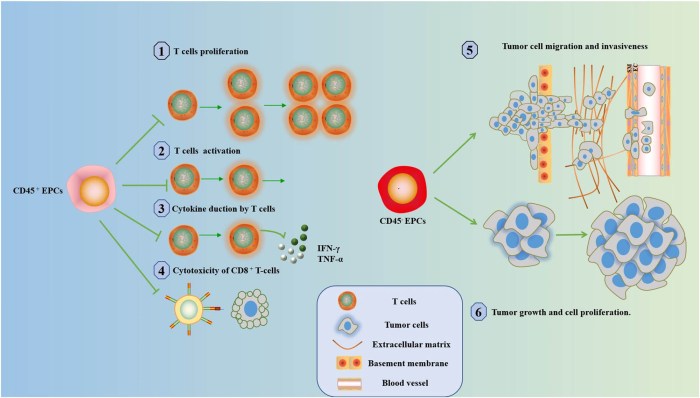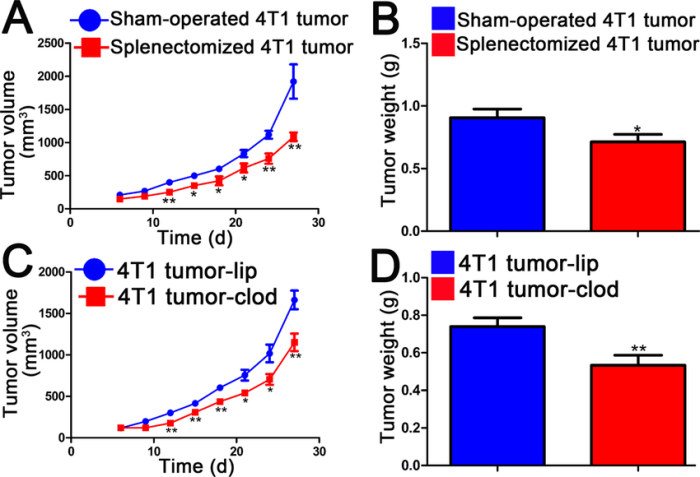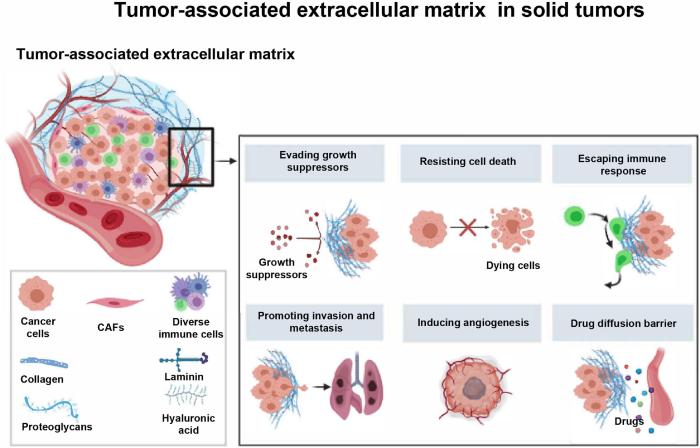Which of the following is not an action of TSH? This question forms the cornerstone of our exploration into the multifaceted world of thyroid-stimulating hormone (TSH). TSH, a pivotal hormone secreted by the pituitary gland, plays a crucial role in regulating thyroid hormone levels and orchestrating a symphony of metabolic processes.
Join us as we unravel the actions of TSH and pinpoint the one that stands apart.
TSH exerts its primary influence on the thyroid gland, stimulating the production and release of thyroid hormones, T3 and T4. These hormones, in turn, regulate metabolism, growth, and development throughout the body. TSH also modulates thyroid hormone levels by inhibiting their production when necessary, ensuring a delicate balance within the endocrine system.
Actions of TSH: Which Of The Following Is Not An Action Of Tsh
TSH, or thyroid-stimulating hormone, plays a crucial role in regulating thyroid function. Its primary actions include:
- Stimulates thyroid hormone production:TSH binds to receptors on thyroid cells, triggering a cascade of events that leads to the synthesis and secretion of thyroid hormones, T3 (triiodothyronine) and T4 (thyroxine).
- Inhibits thyroid hormone production:In high concentrations, TSH can inhibit thyroid hormone production, creating a negative feedback loop that regulates thyroid hormone levels.
Not an Action of TSH, Which of the following is not an action of tsh
One of the options provided is not an action of TSH:
- Regulates body temperature:Body temperature is primarily regulated by the hypothalamus, not TSH.
- Controls metabolism:Metabolism is primarily regulated by thyroid hormones, not TSH.
Effects of TSH on Thyroid Gland

TSH exerts its effects on the thyroid gland by binding to TSH receptors (TSHRs) on the surface of thyroid cells. This binding initiates a signaling cascade involving the activation of G proteins and the adenylyl cyclase enzyme, which increases intracellular cAMP levels.
The elevated cAMP levels trigger a series of events that ultimately lead to the synthesis and secretion of thyroid hormones. These events include:
- Increased gene transcription of thyroid hormone genes
- Enhanced synthesis of thyroglobulin, the precursor protein of thyroid hormones
- Iodination of thyroglobulin to form T3 and T4
- Proteolysis of thyroglobulin to release T3 and T4 into the bloodstream
Regulation of TSH Secretion

TSH secretion is primarily regulated by the hypothalamus and pituitary gland through a negative feedback loop involving thyroid hormones:
- Hypothalamus:The hypothalamus produces thyrotropin-releasing hormone (TRH), which stimulates TSH secretion from the pituitary gland.
- Pituitary gland:The pituitary gland releases TSH into the bloodstream.
- Thyroid gland:TSH stimulates the thyroid gland to produce thyroid hormones.
- Negative feedback:Thyroid hormones inhibit TRH secretion from the hypothalamus and TSH secretion from the pituitary gland, creating a negative feedback loop that maintains thyroid hormone levels within a narrow range.
In addition to TRH, somatostatin, another hypothalamic hormone, can inhibit TSH secretion.
Clinical Significance of TSH

TSH levels are a key indicator of thyroid function and are used to diagnose and monitor thyroid disorders:
- Elevated TSH levels:High TSH levels indicate hypothyroidism, a condition in which the thyroid gland is underactive.
- Low TSH levels:Low TSH levels indicate hyperthyroidism, a condition in which the thyroid gland is overactive.
TSH levels are measured using various assays, including:
- Radioimmunoassay (RIA):A traditional method that uses radioactive iodine to measure TSH levels.
- Chemiluminescence immunoassay (CLIA):A more sensitive and specific method that uses chemiluminescence to measure TSH levels.
- Immunoradiometric assay (IRMA):A method that uses a labeled antibody to measure TSH levels.
Question & Answer Hub
What is the primary action of TSH?
TSH stimulates the production and release of thyroid hormones, T3 and T4, from the thyroid gland.
How does TSH regulate thyroid hormone levels?
TSH both stimulates and inhibits thyroid hormone production, maintaining a delicate balance within the endocrine system.
What are the consequences of abnormal TSH levels?
Abnormal TSH levels can disrupt thyroid hormone production, leading to a range of thyroid disorders, including hypothyroidism and hyperthyroidism.